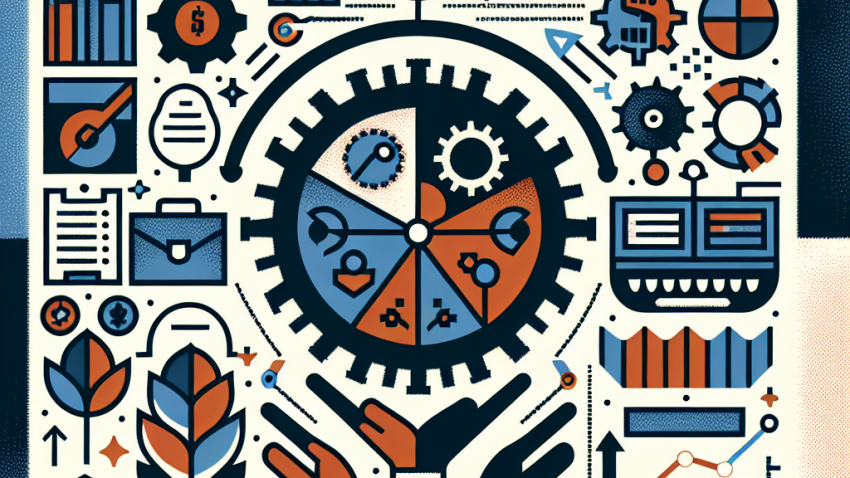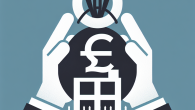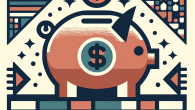
Breaking Down Financial Ombudsman Complaints: Trends That Matter
Understanding Your Rights: How the CFPB Protects Consumers from Unfair Financial Practices
Let’s take a deep breath—because yes, we are diving headfirst into the fascinating (yes, fascinating!) world of financial regulation, consumer rights, and the watchdog that’s got your back: the Consumer Financial Protection Bureau, or CFPB. I’m Eleanor “Ellie” Cartwright, your straight-talking, no-nonsense advocate for financial fairness, and today, we’re going behind the bureaucratic curtain to see how the CFPB empowers you, the consumer, against shady lending, sneaky bank fees, and all-around tomfoolery in the financial sector.
What Exactly Is the CFPB?
The Consumer Financial Protection Bureau was founded in the wake of the 2008 financial crisis. Remember that little economic hiccup? Yeah, the one that decimated retirement savings and made folks think twice about adjustable-rate mortgages. Congress created the CFPB in 2010 via the Dodd-Frank Wall Street Reform and Consumer Protection Act with one core mission: to protect consumers like you and me from predatory and deceptive financial practices.
The CFPB doesn’t just stand around looking serious in a suit. It actively monitors, regulates, and—when necessary—spanks financial institutions that step out of line. Its jurisdiction covers a wide range of entities, including:
- Mortgage lenders and servicers
- Credit card companies
- Debt collectors
- Payday lenders
- Student loan servicers
- Banks and credit unions
How the CFPB Protects You (Yes, You!)
1. Enforces Rules and Regulations
The CFPB has the legal authority to create rules to prevent unfair, deceptive, or abusive financial practices. These are not high-level, theoretical policies that gather dust. Nope. These regulations directly affect how companies handle your personal information, disclose your credit terms, and bill you for services.
One prime example is the “Know Before You Owe” mortgage disclosure rule, which simplified loan paperwork to help homebuyers understand their terms before signing away hundreds of thousands of dollars. No more fine-print wizardry or surprise interest rate hikes—at least, that’s the goal.
2. Investigates Complaints
Felt wronged by a financial institution? The CFPB has a powerful complaint system that allows consumers to flag shady behavior. And get this—the CFPB doesn’t just listen. They require companies to respond and often use complaint data to guide future investigations and policy initiatives.
You can file a complaint directly through the official complaint portal. It’s user-friendly, free, and you don’t need to be some legal eagle to use it.
3. Holds Institutions Accountable
Let me put it plainly: when financial institutions bite the hand that feeds them (i.e., the consumer), the CFPB bites back. Hard. We’re talking fines that run up into millions, forced restitutions to customers, and even specific bans from conducting operations in certain ways.
One illustrative case? The CFPB fined Wells Fargo $3.7 billion in 2022 for illegal practices around auto loans and overdraft fees, returning nearly $2 billion to affected consumers. That’s not a slap on the wrist; that’s regulatory justice, folks.
The Consumer Bill of Rights You Didn’t Know You Had
Many consumers aren’t aware of the rights protected under CFPB’s enforcement. So allow me to wax poetic about your financial liberties:
- The Right to Transparent Information: You’re entitled to clear, honest details regarding any financial product. Fine print trickery? Illegal.
- The Right to Non-Discrimination: Lenders can’t deny you credit or charge you more because of your race, religion, gender, or other protected characteristics.
- The Right to Dispute Errors: Whether it’s on your credit report or a mysteriously appearing fee, you have the right to challenge errors—and receive timely corrections.
- The Right to Your Data: Under the CFPB’s data privacy principles, your financial info is yours. Companies can’t just harvest and use it like it’s open-season confetti.
Now don’t those rights feel empowering? I’d stencil them on my office wall if I didn’t already have a gallery of corrupt CEO mugshots framed there.
How You Can Use the CFPB to Your Advantage
Here’s the million-dollar tip: you don’t have to wait until things go nuclear to use the CFPB. Be proactive! Here’s how:
- Research Before You Sign: Use the CFPB’s free tools (consumerfinance.gov) to compare loan terms, credit cards, and banking options.
- Monitor Your Credit: The CFPB outlines how to get free annual credit reports and dispute inaccuracies that tank your score.
- Submit Complaints: Don’t let “is this even worth the hassle?” stop you. A five-minute complaint could save you (and others) thousands.
- Read Alerts: Subscribe to the CFPB newsletter to get updates on scams, rule changes, and enforcement actions.
Why the CFPB Matters More Than Ever
In a time where fintech apps pop up daily and AI-generated loan approvals seem more common than not, the need for strong oversight has never been more important. The financial world is evolving fast—and not always in favor of the average consumer.
The CFPB is like the friend who reads the contract before you sign the lease—and then tells you the landlord is hiding a mold problem. It’s that presence in the financial system that shifts power back to the people, ensuring fairness, truth, and, yes, a bit of good-old accountability.
Final Word From Ellie
If you’ve stuck with me this far (gold star!), you now know that the Consumer Financial Protection Bureau isn’t just some faceless acronym. It’s your partner in protecting your wallet from corporate overreach and murky transactions. Use it. Respect it. Cheer it on when it slaps another predatory lender with a lawsuit.
And always—always—remember that financial literacy is your greatest weapon. Stay informed, stay empowered, and keep pressing for a fairer system for all of us.
Want to dive deeper or need help navigating a financial complaint? Visit our About Us page or Contact Us to let me know how I can help.









Leave a Reply